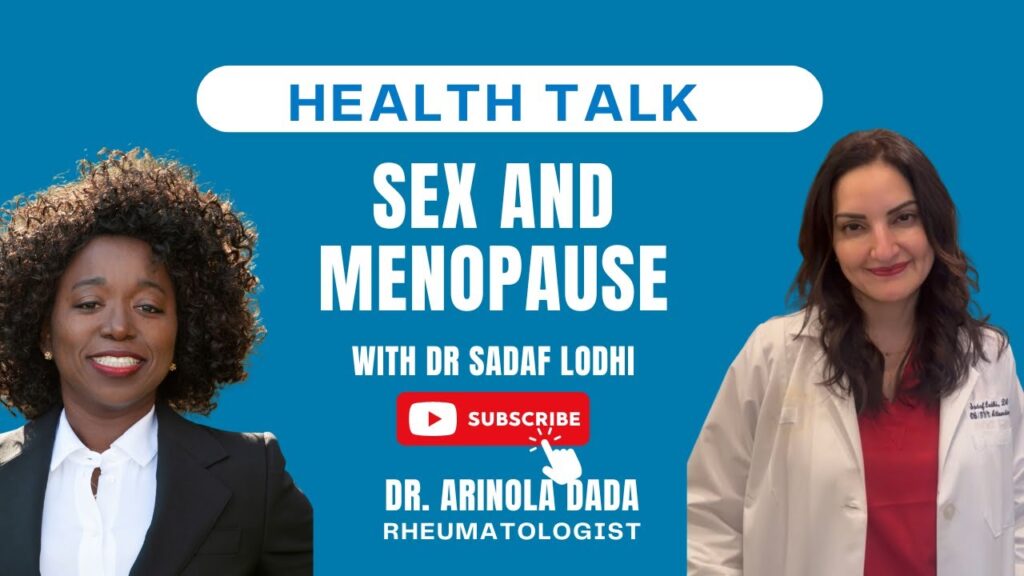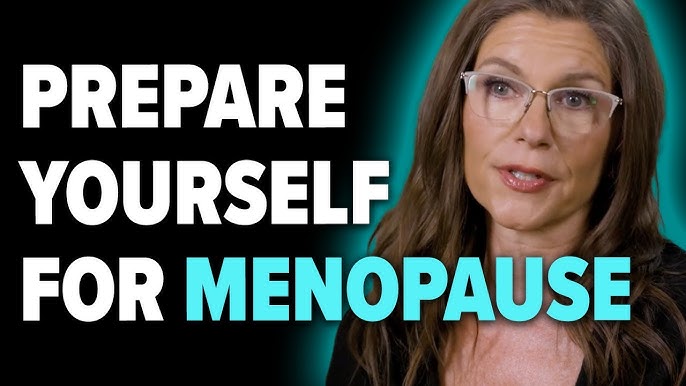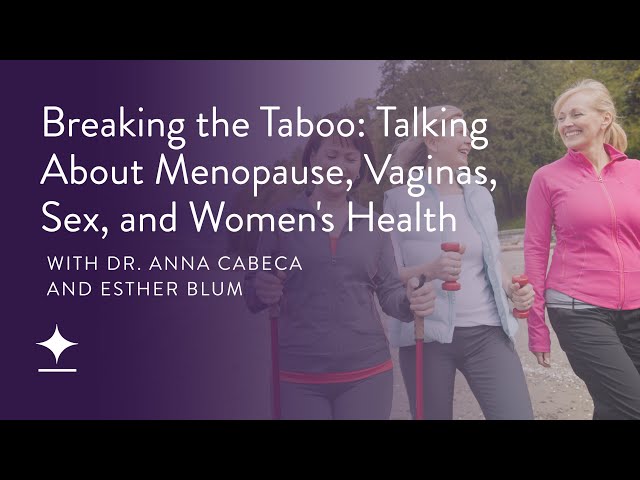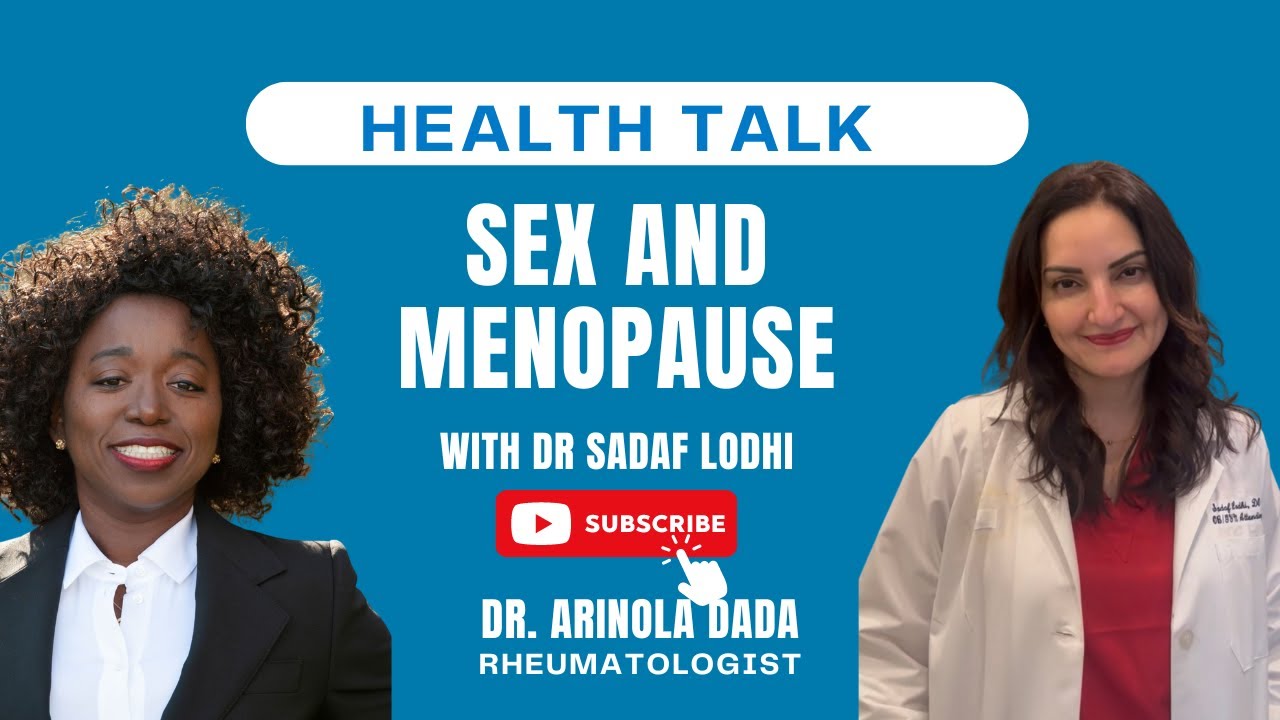Lube Life Water-Based Strawberry Flavored Lubricant, Personal Lube for Men, Women and Couples, Made Without Added Sugar, 8 Fl Oz
$9.99 (as of May 18, 2024 12:13 GMT +00:00 - More infoProduct prices and availability are accurate as of the date/time indicated and are subject to change. Any price and availability information displayed on [relevant Amazon Site(s), as applicable] at the time of purchase will apply to the purchase of this product.)Lube Life Water-Based Personal Lubricant, Lube for Men, Women and Couples, Non-Staining, 8 Fl Oz
$9.99 (as of May 18, 2024 12:13 GMT +00:00 - More infoProduct prices and availability are accurate as of the date/time indicated and are subject to change. Any price and availability information displayed on [relevant Amazon Site(s), as applicable] at the time of purchase will apply to the purchase of this product.)Turn On Water Based Lube 8 Ounce Premium Personal Lubricant, Long Lasting Formula for Condom Safe Vegan Ph Balanced Hypoallergenic and Paraben Free, Gel Lube for Men Women & Couples
$5.99 (as of May 18, 2024 12:13 GMT +00:00 - More infoProduct prices and availability are accurate as of the date/time indicated and are subject to change. Any price and availability information displayed on [relevant Amazon Site(s), as applicable] at the time of purchase will apply to the purchase of this product.)Health Talk On Sex And Menopause with @drsadafobgyn | Mastering Sexual Health is a video that dives deep into women’s sexual health, specifically focusing on the effects of menopause. Hosted by Dr. Arinola Dada and featuring Dr. Sadaf Lodhi, this informative discussion covers common concerns such as sexual pain, inability to orgasm, and various sexual dysfunctions. The doctors explore the intersection of physical and psychological factors affecting sexual wellness and provide valuable insights, guidance, and coaching to empower women to embrace a healthier, more fulfilling sexual journey. From navigating menopause-related changes to enhancing intimacy with a partner, this conversation offers practical strategies and empowering perspectives for women seeking to improve their sexual health.
In this engaging and informative video, Dr. Arinola Dada, a rheumatologist, and her guest, Dr. Sadaf Lodhi, a gynecologist, discuss the important topic of women’s sexual health during menopause. Dr. Lodhi, a board-certified OBGYN and menopause and sexual health specialist in New York, shares her expertise in helping women find pleasure again through coaching and evaluations. They address common concerns such as sexual pain, inability to orgasm, and sexual dysfunctions, highlighting the impact of decreased estrogen and testosterone levels during menopause. Dr. Lodhi emphasizes the importance of mindfulness and communication for improving intimacy with a partner and shares success stories of patients who have overcome sexual pain and dysfunction. The video offers practical strategies and recommendations, including the use of vaginal estrogen, and encourages women to address and improve intimacy issues at any stage of life.
Common Concerns in Women’s Sexual Health

Sexual pain
Sexual pain is a common concern among many women and can have various causes. It can occur during intercourse or other sexual activities and may be experienced as a burning, stinging, or sharp pain. There are several factors that can contribute to sexual pain, including physical conditions such as vaginal infections, hormonal imbalances, or pelvic floor dysfunction. Psychological factors such as anxiety, fear, or past trauma can also play a role in sexual pain. If you experience sexual pain, it is important to consult with a healthcare professional who specializes in sexual health to determine the underlying cause and develop a treatment plan tailored to your specific needs.
Inability to orgasm
Difficulty achieving orgasm is another common concern that women may experience. It is important to note that orgasms can vary from person to person and may be influenced by both physical and psychological factors. Physical conditions such as hormonal imbalances, certain medications, or chronic pain can affect the ability to achieve orgasm. Psychological factors such as stress, anxiety, or relationship issues can also impact orgasmic response. If you are struggling with the inability to orgasm, it is recommended to seek guidance from a healthcare professional who specializes in sexual health. They can help identify any underlying issues and provide strategies to improve sexual satisfaction.
Sexual dysfunctions
Sexual dysfunctions encompass a range of issues that can impact sexual function and satisfaction. This may include conditions such as erectile dysfunction, premature ejaculation, or low libido. It is important to remember that sexual dysfunctions can affect both men and women, and seeking help is essential in addressing these concerns. Sexual dysfunctions can be caused by physical factors such as hormonal imbalances, certain medications, or chronic health conditions. Psychological factors such as stress, anxiety, or past trauma can also contribute to sexual dysfunctions. Consulting with a healthcare professional who specializes in sexual health can help identify the underlying cause of the dysfunction and develop an individualized treatment plan.
Intersection of Physical and Psychological Factors
How physical health affects sexual wellness
Physical health plays a significant role in sexual wellness. Various physical conditions and changes in the body can impact sexual function and satisfaction. For example, hormonal imbalances, such as those that occur during menopause, can lead to vaginal dryness, decreased libido, and other symptoms that affect sexual wellness. Chronic health conditions, such as diabetes or cardiovascular disease, can also affect sexual function due to their impact on blood flow and nerve function. It is important to address any physical health concerns and seek appropriate medical treatment to improve sexual wellness.

The role of psychological factors in sexual health
Psychological factors can greatly influence sexual health and experiences. Mental health conditions such as anxiety, depression, or past trauma can affect sexual desire, arousal, and overall satisfaction. Stress, relationship issues, and self-esteem can also play a significant role in sexual wellness. It is important to address any psychological factors that may be impacting sexual health and seek support from mental health professionals, counselors, or therapists specialized in sexual health. Understanding and addressing both the physical and psychological aspects of sexual health is crucial for overall well-being.
Empowering Women to Embrace a Healthier Sexual Journey
Insights and guidance for women
Empowering women to embrace a healthier and more fulfilling sexual journey starts with education and awareness. It is important for women to understand that sexual health is a normal and essential part of overall well-being. Seeking information from reputable sources, attending workshops or seminars, and engaging in open discussions with healthcare professionals can provide valuable insights into sexual health. Women should also be encouraged to prioritize self-care and explore their own desires and boundaries. Building a foundation of knowledge and self-awareness can empower women to make informed decisions about their sexual health.

Coaching to address sexual challenges
For women facing sexual challenges, coaching can be a valuable tool in addressing and overcoming these concerns. Sexual health coaches specialize in helping individuals navigate their sexual journey through personalized guidance, support, and empowerment. They can provide strategies for communication, coping with sexual pain or dysfunctions, and enhancing intimacy with a partner. Coaching sessions may include discussions about beliefs, desires, and boundaries, as well as techniques to improve self-confidence and self-esteem. By working with a coach, women can gain the tools and knowledge necessary to navigate their sexual challenges and embrace a healthier, more fulfilling sexual journey.
Practical Strategies for Navigating Menopause-Related Changes
Effects of menopause on sex drive
Menopause marks a significant hormonal change in a woman’s life, and it can impact sexual desire or libido. The decrease in estrogen and testosterone levels during menopause can lead to vaginal dryness, decreased sensitivity, and changes in sexual function. It is important for women to understand that these changes are normal and can be managed to maintain a healthy and satisfying sex life. Communicating with a healthcare professional who specializes in menopause and sexual health can provide insights into available treatment options and strategies to address these changes.

The role of estrogen and testosterone levels
Estrogen and testosterone are hormones that play crucial roles in sexual health. Estrogen helps maintain vaginal and vulvar health, while testosterone is important for sexual desire or libido. During menopause, the decline in estrogen and testosterone levels can lead to changes in sexual function and satisfaction. Hormone replacement therapy (HRT), under the guidance of a healthcare professional, can be an effective solution for managing these hormone imbalances and improving sexual wellness. It is important to consult with a healthcare professional to discuss the benefits and potential risks of HRT and determine the best approach for individual needs.
Benefits of vaginal estrogen
Vaginal estrogen is a treatment option that can help alleviate menopause-related symptoms and improve sexual health. It is available in various forms, such as creams, tablets, or rings, and works by replenishing the low levels of estrogen in the vaginal tissues. Vaginal estrogen can provide relief from symptoms such as vaginal dryness, itching, or pain during intercourse. It can also help restore the natural balance of the vaginal microbiome, reducing the risk of recurrent infections. Consulting with a healthcare professional who specializes in menopause and sexual health is essential in exploring the benefits and risks of vaginal estrogen and determining the most suitable form of treatment.
Improving sexual health during menopause
Improving sexual health during menopause involves a holistic approach that addresses both physical and psychological factors. In addition to exploring hormone replacement therapy options, there are several strategies that women can incorporate into their routine to enhance their sexual wellness. Regular exercise, a healthy diet, and stress management techniques can support overall well-being and boost sexual vitality. Communication with a partner about desires, concerns, and expectations is essential for maintaining intimacy. Engaging in sensual activities, exploring new sensations, and using lubricants or moisturizers can enhance sexual pleasure. Seeking the guidance of a healthcare professional who specializes in menopause and sexual health can provide personalized recommendations and support on the journey to improved sexual health.
Enhancing Intimacy with a Partner
Importance of mindfulness in intimacy
Mindfulness is a powerful tool for enhancing intimacy with a partner. Being fully present during sexual experiences can cultivate a deeper connection, increase pleasure, and reduce distractions or performance anxiety. Mindfulness involves focusing on sensations, thoughts, and emotions without judgment or preoccupation. By practicing mindfulness, couples can explore new sensations, communicate desires effectively, and build a stronger bond. It is important to create a comfortable and non-judgmental environment where both partners can express their needs and preferences openly. Engaging in mindfulness exercises, such as deep breathing or guided meditation, can help couples cultivate a mindful approach to intimacy.
Communication strategies for better connection
Effective communication is key to building trust, understanding, and intimacy in a relationship. Openly discussing desires, boundaries, and concerns creates a safe space where both partners can express their needs and expectations. Active listening and non-verbal cues are vital in understanding each other’s desires and preferences. Couples can incorporate regular check-ins to discuss their sexual experiences, set goals, and explore new ideas together. It is important to approach these conversations with empathy, respect, and a willingness to compromise. Seeking guidance from a relationship counselor or therapist can provide additional support and resources for improving communication and connection.
Building trust and openness in a relationship
Trust and openness are essential components of a healthy and fulfilling intimate relationship. Trust is built through consistent communication, honesty, and mutual respect. It involves feeling safe and secure with a partner, knowing that one’s desires and boundaries will be honored. Openness, on the other hand, involves being vulnerable and willing to share intimate thoughts and feelings. It requires creating a non-judgmental space where both partners can express themselves authentically and without fear of judgment. Building trust and openness takes time and effort, but it is the foundation for a strong and intimate relationship.
Success Stories of Overcoming Sexual Pain and Dysfunction
Testimonials from Dr. Loi’s patients
Dr. Loi shares success stories of patients who have overcome sexual pain and dysfunction, highlighting the transformative power of addressing these concerns. These testimonials provide real-life examples of how women have regained pleasure and improved their sexual health with the guidance and support of a healthcare professional who specializes in sexual health. Hearing these success stories can inspire hope and motivate individuals to seek help for their own sexual challenges. Every journey is unique, and while results may vary, the stories serve as a reminder that there is hope for improvement and a more fulfilling sexual experience.
How they regained pleasure and improved sexual health
The success stories shared by Dr. Loi’s patients often involve a combination of medical treatment, coaching, and personal growth. Some women may have found relief through hormone replacement therapy or other medical interventions to address underlying physical conditions. Others may have benefited from the guidance and support of a sexual health coach, helping them navigate through psychological barriers and develop strategies for improving intimacy. These stories highlight the importance of seeking professional help, as well as the resilience and determination of individuals in reclaiming pleasure and improving their sexual health.
Understanding the Changes in Intimacy as We Age
Challenges that arise in intimacy over time
Intimacy undergoes changes as individuals age, and it is important to understand and accept these transformations. Physical changes, such as decreased hormone levels or changes in health conditions, can affect sexual desire, arousal, and function. Certain medications or chronic health conditions may also impact sexual wellness. Psychological factors, such as life stressors, body image concerns, or relationship dynamics, can also influence intimacy. It is essential for individuals and couples to navigate these challenges with open communication, empathy, and a willingness to adapt to new experiences.
Working through these challenges
Working through the challenges that arise in intimacy over time requires patience, understanding, and communication. Couples can engage in open discussions about desires, concerns, and expectations. They can explore new ways to experience pleasure and prioritize emotional connection. Seeking the guidance of a healthcare professional or counselor who specializes in sexual health or relationship dynamics can provide valuable support and strategies for overcoming challenges. Approaching intimacy with a flexible mindset and a commitment to mutual satisfaction can help navigate the changes that come with aging.
Embracing new ways to experience intimacy
As intimacy changes, individuals and couples can embrace new ways to experience pleasure and maintain a fulfilling sexual connection. This may involve exploring different types of physical touch, such as sensual massage or non-penetrative activities. Engaging in shared activities, such as hobbies or travel, can deepen emotional bonds and create opportunities for intimacy. Utilizing sexual aids or devices can provide additional stimulation and enhance pleasure. An open and adventurous mindset, coupled with effective communication, can foster resilience and adaptability in maintaining a satisfying and intimate relationship.
Recommended Resources for Further Information
Menopause Society website for hormone replacement therapy
The Menopause Society website is a reliable resource for information on hormone replacement therapy (HRT) and menopause-related issues. It provides evidence-based information to help women make informed decisions about managing their menopause symptoms, including those related to sexual health. The website offers guidelines, research articles, and resources on various treatment options, including the use of hormones to alleviate menopause symptoms. Consulting this website can provide a deeper understanding of HRT and its potential benefits and risks.
Other reliable sources for sexual health information
In addition to the Menopause Society website, there are several other reliable sources of information on sexual health. Organizat






